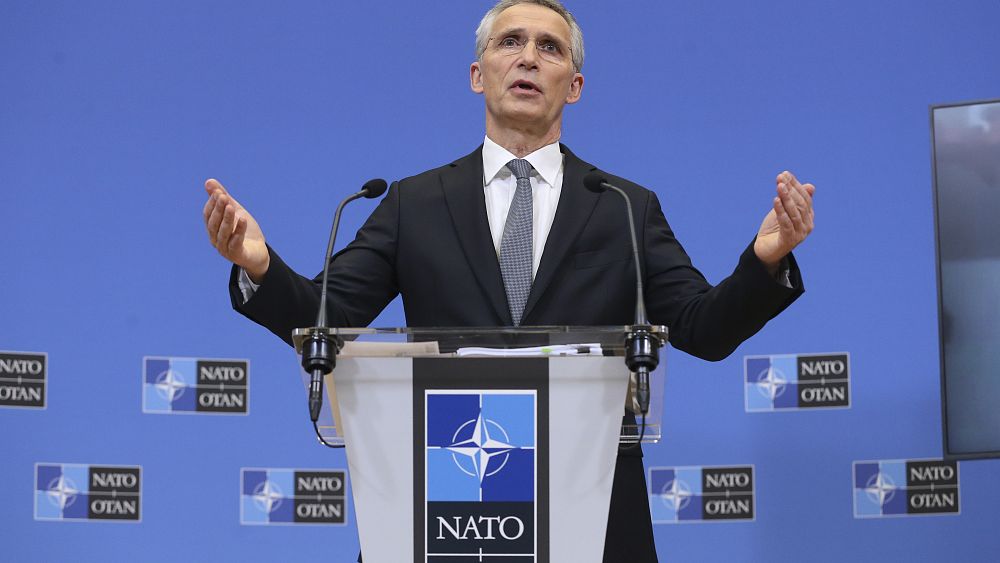US Secretary of State Antony Blinken has arrived in Brussels for his first in-person talks with NATO allies on Tuesday after four years of tension under former President Donald Trump.
The State Department said Blinken would focus on concerns over Afghanistan, China, Iran and Russia, climate change, cybersecurity, terrorism and energy security.
“The meetings in Brussels reaffirm the United States’ commitment to our allies and European partners on our shared agenda,” State Department spokesman Ned Price said in a statement.
Blinken’s trip is centred on the annual spring meeting of NATO foreign ministers but will also include talks with top EU and Belgian officials.
The Biden administration has placed great emphasis on repairing relations with European allies, strained by Trump’s demands ranging from increasing defence spending to trade rows.
Afghanistan disengagement
NATO Secretary-General Jens Stoltenberg on Monday said “all options remain open” on Afghanistan, as Europe waits for Washington to decide on a looming withdrawal deadline.
Trump struck a deal with the Taliban to withdraw troops by May 1.
Current US President Joe Biden is reviewing the agreement. He said last week it would be “tough” for Washington to meet that deadline.
The comment angered the Taliban, who warned that the US would be “responsible for the consequences.”
NATO allies have said they are willing to stay in Afghanistan longer, if Washington decides to remain as well.
NATO has been in Afghanistan for almost 20 years but has reduced its presence from 130,000 troops to 9,600, including 2,500 Americans, responsible for training Afghan forces.
Russia and China
How to move forward with Russia and China relations will also be high on the meeting’s agenda.
“NATO has done a good job with its forces in eastern Europe, blocking the Russian conventional threat,” Jamie Shea, a former NATO Deputy Assistant Secretary-General, told Euronews.
“But the key issue is what do we do about Russia’s below the radar screen activities, election interference, cyber attacks?” The US is talking about a retaliatory cyberattack against Russia,” Shea went on.
China is a “big issue” for NATO, Shea said. “And I think it’s going to take a bit more time. Does NATO go to Asia or does it basically deal with the Chinese challenge within Europe, particularly, for example, 5G networks and investments?”
‘No concrete decisions’ expected yet
Shea told Euronews that “no concrete decisions” were expected at Tuesday’s meeting, considering the Biden administration was still “carrying out a lot of foreign policy reviews”.
Talks intend to lay the ground for Joe Biden’s first NATO summit, which may take place in June if the coronavirus situation permits.
“I think it’s the NATO summit later this year, particularly in launching a new NATO strategic concept, which will decide about the Alliance’s future,” Shea said.
“But it’s important to get the discussion on these very tricky topics underway and give NATO adequate time to come up with really sound policies.”







